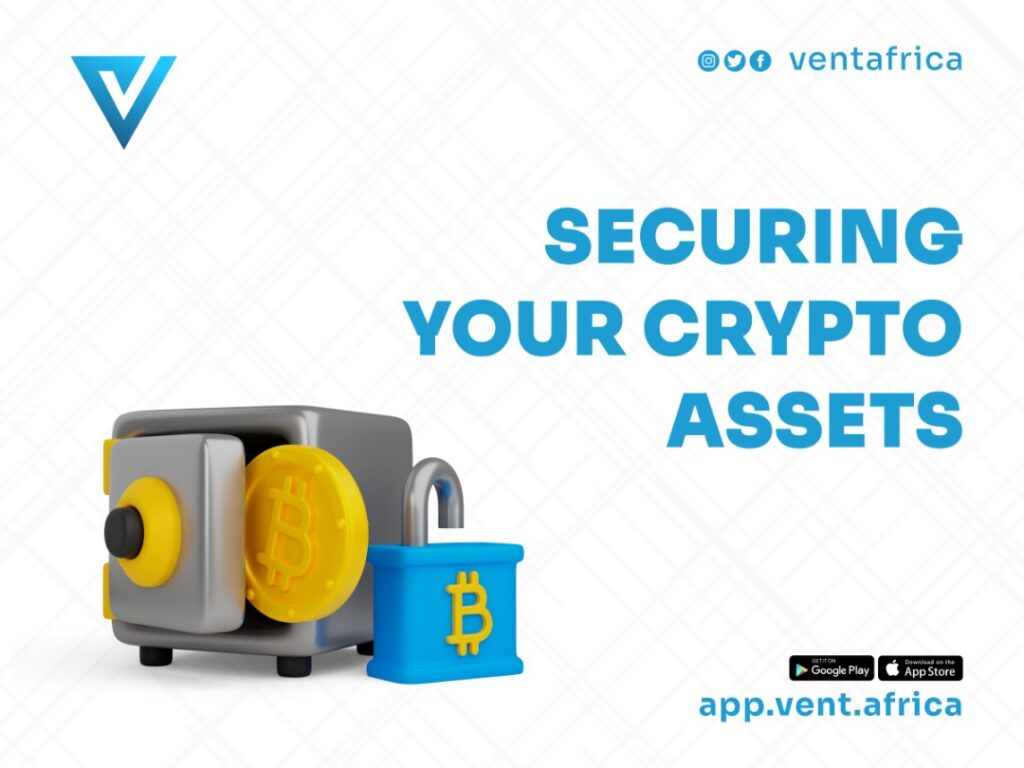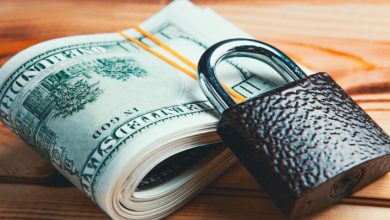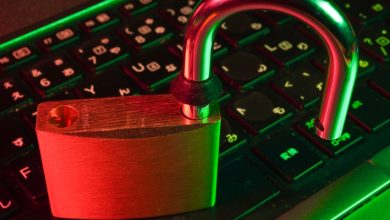Securing Your Crypto Transactions

- Understanding the importance of security in crypto transactions
- Best practices for securing your digital assets
- Protecting your crypto wallet from potential threats
- How to safely transfer cryptocurrencies between wallets
- Securing your online transactions with encryption and authentication
- Common pitfalls to avoid when conducting crypto transactions
Understanding the importance of security in crypto transactions
Understanding the significance of security in cryptocurrency transactions is crucial for safeguarding your digital assets. With the rise in popularity of cryptocurrencies, the risk of cyber threats and hacking attempts has also increased. It is essential to prioritize security measures to protect your investments and prevent unauthorized access to your funds.
When engaging in crypto transactions, it is important to use secure platforms and wallets that offer encryption and two-factor authentication. By utilizing these security features, you can add an extra layer of protection to your transactions and minimize the risk of potential breaches. Additionally, it is advisable to keep your private keys secure and not share them with anyone to maintain the confidentiality of your transactions.
Furthermore, staying informed about the latest security trends and best practices in the cryptocurrency space can help you make informed decisions and mitigate potential risks. Regularly updating your software and being cautious of phishing scams and fraudulent websites can also contribute to enhancing the security of your crypto transactions.
By understanding the importance of security in crypto transactions and taking proactive measures to protect your assets, you can minimize the likelihood of falling victim to cyber attacks and ensure the safety of your investments in the digital realm.
Best practices for securing your digital assets
When it comes to securing your digital assets, there are several best practices that you should follow to ensure the safety of your crypto transactions. By implementing these strategies, you can protect your investments and minimize the risk of falling victim to cyber attacks.
- Use a hardware wallet: One of the most secure ways to store your cryptocurrencies is by using a hardware wallet. These physical devices store your private keys offline, making it nearly impossible for hackers to access your funds remotely.
- Enable two-factor authentication: Adding an extra layer of security to your accounts by enabling two-factor authentication can help prevent unauthorized access. This typically involves entering a code sent to your phone or email in addition to your password.
- Keep your software up to date: Regularly updating your wallet software and any other applications related to your crypto transactions can help patch any vulnerabilities that hackers could exploit.
- Use strong, unique passwords: Creating complex passwords that are unique to each of your accounts can help prevent unauthorized access. Consider using a password manager to securely store and generate passwords.
- Be cautious of phishing scams: Be wary of unsolicited emails or messages asking for your personal information or login credentials. Always verify the source before providing any sensitive data.
By following these best practices, you can significantly reduce the risk of your digital assets being compromised. Remember that the security of your crypto transactions is ultimately in your hands, so take the necessary precautions to protect your investments.
Protecting your crypto wallet from potential threats
When it comes to protecting your crypto wallet from potential threats, there are several measures you can take to ensure the security of your cryptocurrency transactions. One of the most important steps is to use a hardware wallet instead of keeping your digital assets on an exchange or online wallet. Hardware wallets are considered one of the most secure options as they store your private keys offline, making it harder for hackers to access them.
Another crucial aspect of securing your crypto transactions is to enable two-factor authentication (2FA) wherever possible. By adding an extra layer of security, 2FA helps prevent unauthorized access to your crypto wallet. Additionally, make sure to regularly update your wallet software and use strong, unique passwords to further enhance security.
It is also essential to be cautious of phishing scams and fraudulent websites that may attempt to steal your cryptocurrency. Always double-check the URLs of websites before entering any sensitive information and avoid clicking on suspicious links or emails. Educating yourself about common crypto scams and staying informed about the latest security threats can help you protect your digital assets effectively.
How to safely transfer cryptocurrencies between wallets
When transferring cryptocurrencies between wallets, it is crucial to follow certain safety measures to protect your assets. Here are some steps to ensure a secure transfer:
- Choose a reputable and secure wallet for both sending and receiving cryptocurrencies. Make sure the wallets have a good track record of security.
- Double-check the wallet addresses before initiating the transfer. Any mistake in the address could result in the loss of your funds.
- Consider using a hardware wallet for added security. Hardware wallets are offline devices that are considered one of the safest ways to store cryptocurrencies.
- Set up two-factor authentication (2FA) on both wallets to add an extra layer of security to your transactions.
- Avoid using public Wi-Fi networks when transferring cryptocurrencies. Use a secure and private internet connection to prevent any potential hacking attempts.
- Start with a small amount for the first transfer to ensure everything goes smoothly. Once you are comfortable with the process, you can transfer larger amounts.
- Keep a record of all your transactions for future reference. This will help you track your funds and identify any discrepancies.
By following these steps, you can safely transfer cryptocurrencies between wallets without compromising the security of your assets. Remember to stay vigilant and take all necessary precautions to protect your investments.
Securing your online transactions with encryption and authentication
When it comes to securing your online transactions, encryption and authentication are crucial components to ensure the safety of your crypto transactions. Encryption helps to protect your sensitive information by encoding it in a way that only authorized parties can access it. Authentication, on the other hand, verifies the identity of the parties involved in the transaction, adding an extra layer of security.
By using encryption, you can protect your transaction data from being intercepted by cybercriminals who may try to steal your funds or personal information. This technology scrambles the data, making it unreadable to anyone without the proper decryption key. This ensures that your transactions are secure and private.
Authentication, on the other hand, helps to verify the identity of the parties involved in the transaction. This can be done through various methods such as passwords, biometrics, or two-factor authentication. By confirming the identity of the users, you can prevent unauthorized access to your accounts and ensure that only legitimate transactions are processed.
Overall, by implementing encryption and authentication measures, you can significantly enhance the security of your online transactions. This is especially important when dealing with cryptocurrencies, as they are often targeted by hackers due to their decentralized and pseudonymous nature. By taking these steps, you can protect your funds and personal information from falling into the wrong hands.
Common pitfalls to avoid when conducting crypto transactions
When conducting crypto transactions, there are several common pitfalls that you should avoid to ensure the security of your assets. One of the most important things to keep in mind is to always double-check the wallet address you are sending your cryptocurrency to. It is crucial to verify the accuracy of the address to prevent sending funds to the wrong recipient.
Another pitfall to watch out for is using public Wi-Fi networks when making crypto transactions. These networks are often unsecured, making it easier for hackers to intercept your data and steal your cryptocurrency. It is recommended to use a secure and private internet connection when conducting crypto transactions to minimize the risk of unauthorized access.
Additionally, be cautious of phishing scams that may trick you into revealing your private keys or passwords. Always be wary of unsolicited emails or messages asking for sensitive information and never share your private keys with anyone. Keeping your private keys secure is essential to protecting your crypto assets from theft.
Lastly, make sure to keep your crypto wallets and exchange accounts secure by enabling two-factor authentication and using strong, unique passwords. Regularly update your security measures and stay informed about the latest security threats in the crypto space to safeguard your assets against potential risks.




